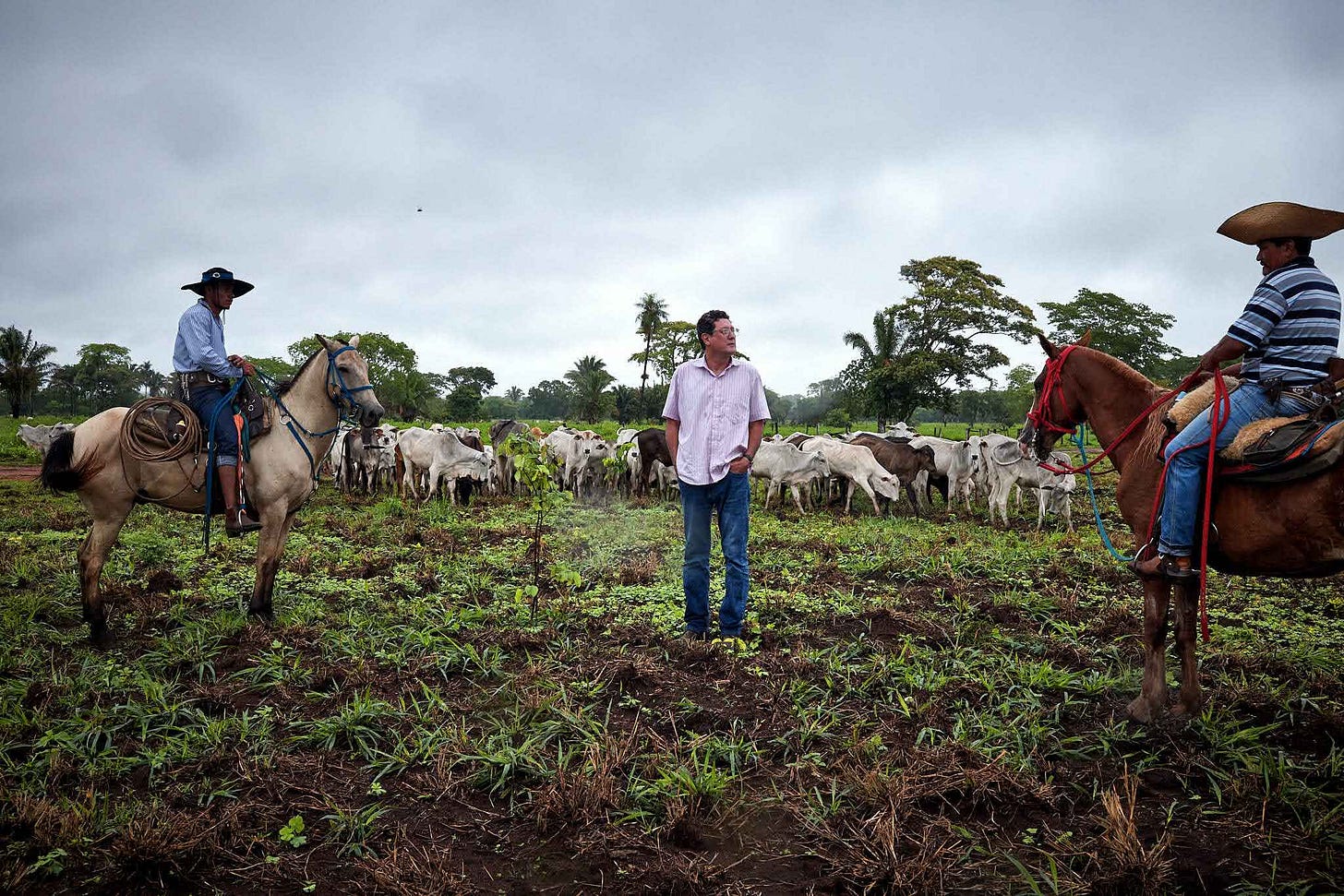Empowering Human Rights Defenders in Remote Areas
Our contribution to the UN Special Rapporteur's report to the Human Rights Council
UPDATE: Since this was published, the UN Human Rights Council adopted a resolution on protecting human rights defenders in the digital age. It addresses several important issues that our Lab has been focused on. Scroll to the end of this page for more details.We are honored to see our work featured in Mary Lawlor's UN Special Rapporteur report to the Human Rights Council: "Out of Sight: Human Rights Defenders in Rural, Remote and Isolated Contexts."
The report notes how Starling Lab supported efforts in Brazil’s Pantanal wetlands with tools that work even in low-connectivity environments, which is needed where the “digital divide hits many human rights defenders very hard."

In a speech this month presenting her findings, Lawlor observed how some of those most at-risk include “journalists covering human rights issues at the local level.” Starling’s methodology was used by journalists to document environmental destruction – and confront climate change denialism. Our submission to Lawlor’s office focused on data authentication, decentralized storage, and cryptographic verification. Together, these ensure documentation remains tamper-evident and accessible, even when governments seek to dismiss the truth.
Her report includes several valuable recommendations to governments and other international actors, two of which resonate with our work:
"Expand access to the Internet and secure communication tools, including by increasing funding for such digital security resources as encrypted communication applications and secure reporting channels.”
"Support efforts to enable human rights defenders to store and safeguard their information securely, without fear of unlawful surveillance or data breaches, including putting in place robust legal safeguards to prevent the misuse of digital tools to suppress dissent or target defenders and ensure that their digital rights are protected.”
We appreciate being included among so many other human rights defenders, and remain grateful to Pablo Albarenga for his photojournalism in Brazil, as well as to Inside Climate News for publishing this important coverage.
And we hope this underscores the vital role of trusted digital evidence in defending human rights and environmental justice.
🔗 Read the Special Rapporteur’s remarks;
📄 Read the full UN report;
📕 Don’t miss our own case study;
📰 And the Inside Climate News article
Starling Lab was previously referenced in a report to the UNHRC in 2023 by the Rapporteur on the right to education, who acknowledged similar methods used by the lab as emerging “good practices” for documenting war crimes against civilian objects like schools.
Update (April 16, 2025): Our submission is also echoed in a new resolution from the UN Human Rights Council, which addresses the protection of human rights defenders in the digital age (full text: A/HRC/58/L.27/Rev.1).
The resolution emphasizes "universal connectivity" and "meaningful connectivity" as essential for defenders' work, calls for "technical solutions for strong encryption and anonymity," and advocates for secure information storage "without fear of unlawful surveillance." It specifically recognizes the "growing number of digital attacks" on defenders and acknowledges the "protection gap" caused by lack of accountability.
These address key points from our submission on data integrity and authentication technologies for remote areas.
We're particularly encouraged by the HRC’s recognition that "new and emerging digital technologies can hold great potential for strengthening democratic institutions and the resilience of civil society, empowering civic engagement and enabling the work of human rights defenders, public participation and the open and free exchange of ideas, and for the exercise of all human rights." This aligns perfectly with our mission at Starling Lab to harness technology to establish trust in digital records.
Our earlier submission outlined innovative approaches to produce documentary evidence and combat digital denialism. This includes cryptographic methods that authenticate evidence from the point of capture, enabling defenders in remote areas to establish credibility despite connectivity challenges. The submission also referenced ongoing work on telecommunication technologies, including 5G, to further enhance these capabilities.

